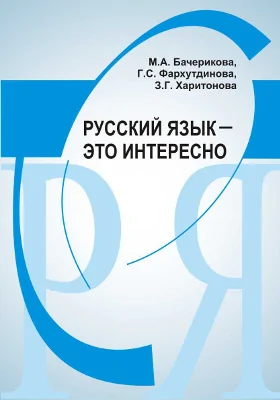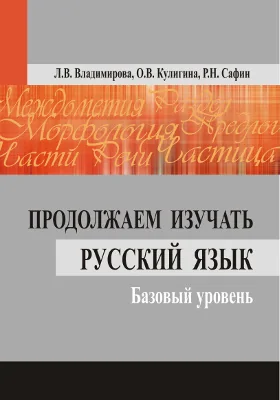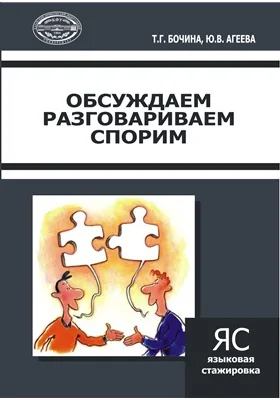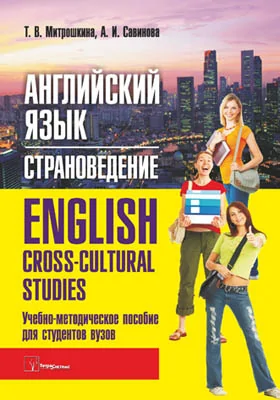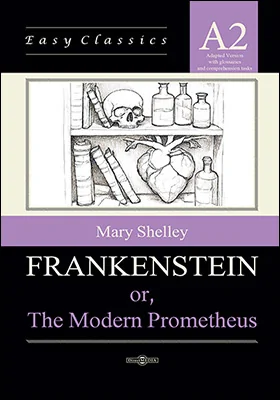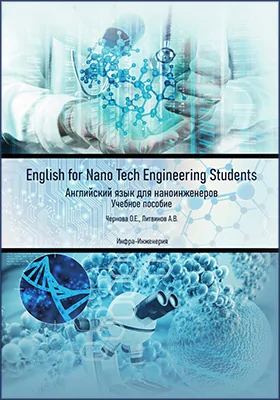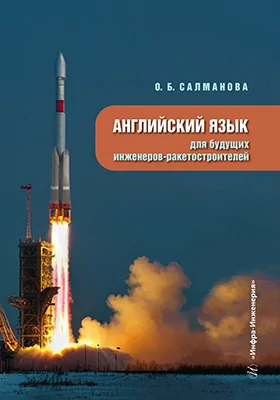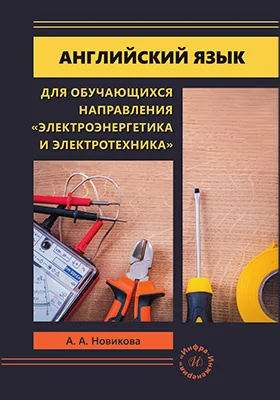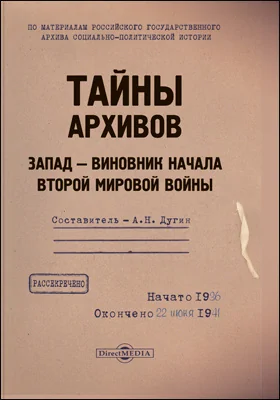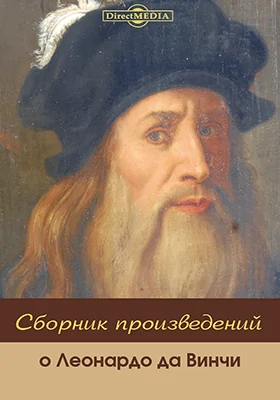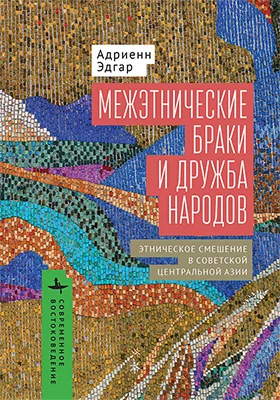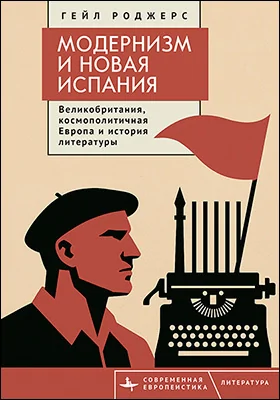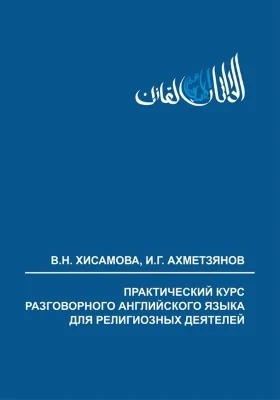
Практический курс разговорного английского языка для религиозных деятелей
Здесь можно купить книгу "Практический курс разговорного английского языка для религиозных деятелей" в печатном или электронном виде. Также, Вы можете прочесть аннотацию, цитаты и содержание, ознакомиться и оставить отзывы (комментарии) об этой книге.
Автор: В. Хисамова, И. Ахметзянов
Форматы: PDF
Издательство: Казанский федеральный университет (КФУ)
Год: 2016
Место издания: Казань
ISBN: 978-5-00019-668-7
Страниц: 115
Артикул: 11513
Краткая аннотация книги "Практический курс разговорного английского языка для религиозных деятелей"
Данное учебное пособие предназначено для религиозных деятелей, обучающихся самостоятельно или на курсах в образовательных учреждениях, и содержит материалы по специальности, дополняющие основной курс английского языка. Учебное пособие состоит из 6 глав, которые направлены на развитие устной диалогической и монологической речи для студентов, продолжающих изучать английский язык (на стыке preintermediate или intermediate).
Содержание книги "Практический курс разговорного английского языка для религиозных деятелей "
UNIT 1 The World of Islam
1 A Muslim world
1 B We are Muslims
1 С Dail y routine and life of a Muslim
Vocabulary exercises
Exercises on a video podcast
5 pillars of Islam
UNIT 2 Education
2 A Education and women
2 B Contemporary education
2 C Education reforms
Vocabulary exercises
Exercises on a video podcast
Oiling the wheels of education in the Middle East
Education building futures in MENA
UNIT 3 Family traditions and entertainment in Islam
3 A Muslim wedding traditions
3 B Family Units in Islam
3 C Entertainment in Abu Dhabi
Vocabulary exercises
UNIT 4 Outstanding personalities in Islam
4 A The third Muslim caliph
4 B The Prophet's youngest daughter
4 C Charisma and the great speeches of famous leaders
4 D Mother of Isa (Jesus)
Vocabulary exercises
UNIT 5 Great cities around Islamic world
5 A The Holy Islamic city
5 B Jakarta is a dynamic city
5 C The most visited place by Muslims in Tatarstan
Vocabulary exercises
UNIT 6 The sights of Islamic cities
6 A Great Mosques around the world
6 B A must see sights in Dubai
6 C Kazan and its must see sights
Vocabulary exercises
Exercises on a video podcast
Jordan Tourism
Appendix 1
Abbreviations used after names
A dictionary of religious terms and word combinations connected with the religion
Appendix 2
A table of irregular verbs
Список литературы
Все отзывы о книге Практический курс разговорного английского языка для религиозных деятелей
Отрывок из книги Практический курс разговорного английского языка для религиозных деятелей
22 resident scholars and imams would hold classes for children. These classes would cover topics such as basic Arabic reading and writing, arithmetic, and Islamic laws. Most of the local population was educated by such primary schools throughout their childhood. After completing the curriculum of the maktab, students could go on to their adult life and find an occupation, or move on to higher education in a madrasa, the Arabic word for “school”. Madrasas were usually attached to a large mosque. Examples include al-Azhar University in Cairo, Egypt (founded in 970) and al-Karaouine in Fes, Morocco (founded in 859). Later, numerous madrasas were established across the Muslim world by the great Seljuk vizier, Nizam al-Mulk. At a madrasa, students would be educated further in religious sciences, Arabic, and secular studies such as medicine, mathematics, astronomy, history, and geography, among many other topics. In the 1100s, there were 75 madrasas in Cairo, 51 in Damascus, and 44 in Aleppo. There were hundreds more in Muslim Spain at this time as well. These madrasas can be considered the first modern universities. They had separate faculties for different subjects, with resident scholars that had expertise in their fields. Students would pick a concentration of study and spend a number of years studying under numerous professors. Ibn Khaldun notes that in Morocco at his time, the madrasas had a curriculum which spanned sixteen years. He argues that this is the “shortest [amount of time] in which a student can obtain the scientific habit he desires, or can realize that he will never be able to obtain it.” When a student completed their course of study, they would be granted an ijaza, or a license certifying that they have completed that program and are qualified to teach it as well. Ijazas could be given by an individual teacher who can personally attest to his/her student’s knowledge, or by an ...
С книгой "Практический курс разговорного английского языка для религиозных деятелей" читают
Внимание!
При обнаружении неточностей или ошибок в описании книги "Практический курс разговорного английского языка для религиозных деятелей (автор В. Хисамова, И. Ахметзянов)", просим Вас отправить сообщение на почту help@directmedia.ru. Благодарим!
и мы свяжемся с вами в течение 15 минут
за оставленную заявку

